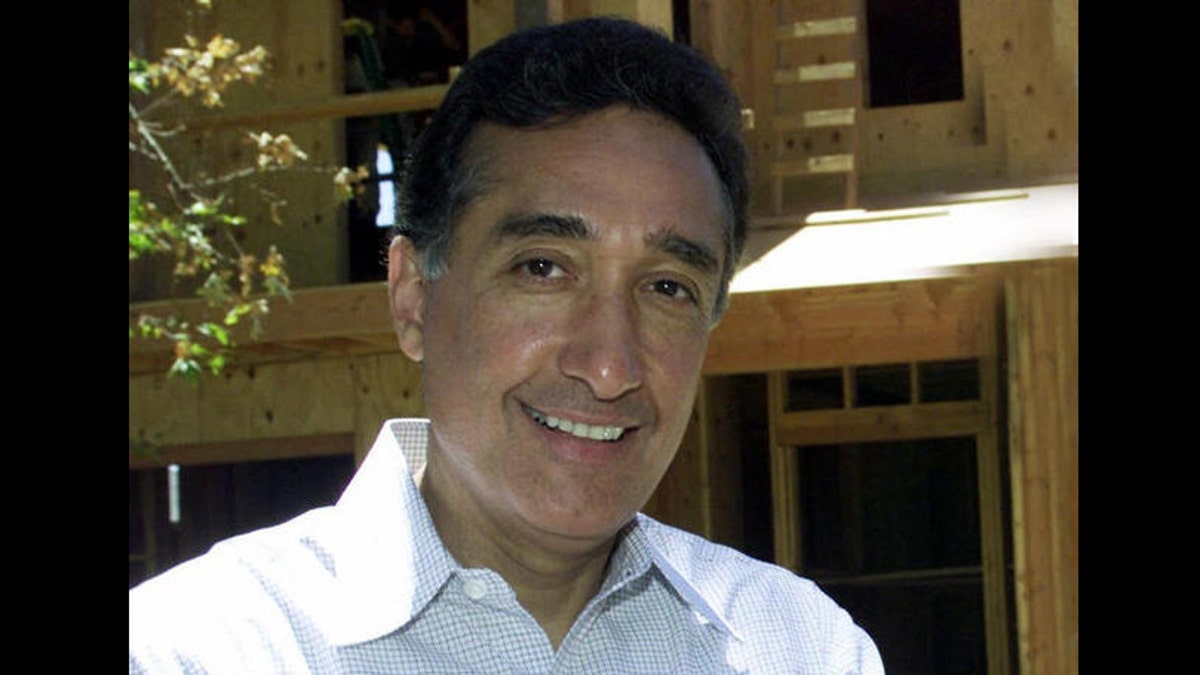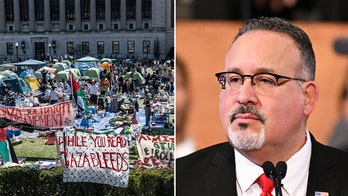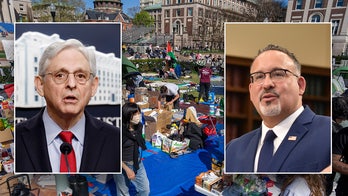
Some big-name politicians are part of a new bipartisan group that will be advising Congress on how to best reform the U.S. immigration system.
They include former Secretary of State Condoleezza Rice, who in a conference call Monday called immigration “the hardest and most vexing issue.”
Rice said the United States needed to find ways to allow both high-tech and low-skilled workers to come to the country and be able to obtain permanent residency.
It is critical, the former Bush administration official said, to have “an immigration policy that is humane, we have a lot of people here who are living the shadows.”
At the same, Rice, who long has taught at Stanford University, said: “I’ve seen the best and the brightest from around the world. Most of them would love to stay here, and yet we send them back to enrich other countries.”
The group, working under the auspices of the Bipartisan Policy Center, includes two Republicans – Rice, and former Mississippi Gov. Haley Barbour – and two Democrats, former Pennsylvania Gov. Ed Rendell and Housing and Urban Development Secretary Henry Cisneros.
The group will serve as a sounding board for Congress and will push for an overhaul of the nation's immigration laws and a path to citizenship for the estimated 11 million undocumented immigrants in the United States.
In the call, Cisneros said that the issue of immigration has personal significance for him. He is Mexican-American, and grew up in San Antonio, Texas, where many people today are undocumented.
Last week, he said, a young immigrant shared good news with him.
He had “the biggest smile on his face, he had just received his deferred action, he’s an engineering student in San Antonio who got four A’s and one B.”
“A lot of people are working hard and want to make a better life,” he said. “There’s really no easy way to deport 10 million people.”
Barbour said that immigrants are vital in his home state of Mississippi.
He said they are crucial to the poultry business, for instance. And they helped his state recover after Hurricane Katrina.
“This population are hard workers,” Barbour said. “I shudder to think of what we would have been like after Katrina if it had not been for the influx of Spanish-speaking workers.”




